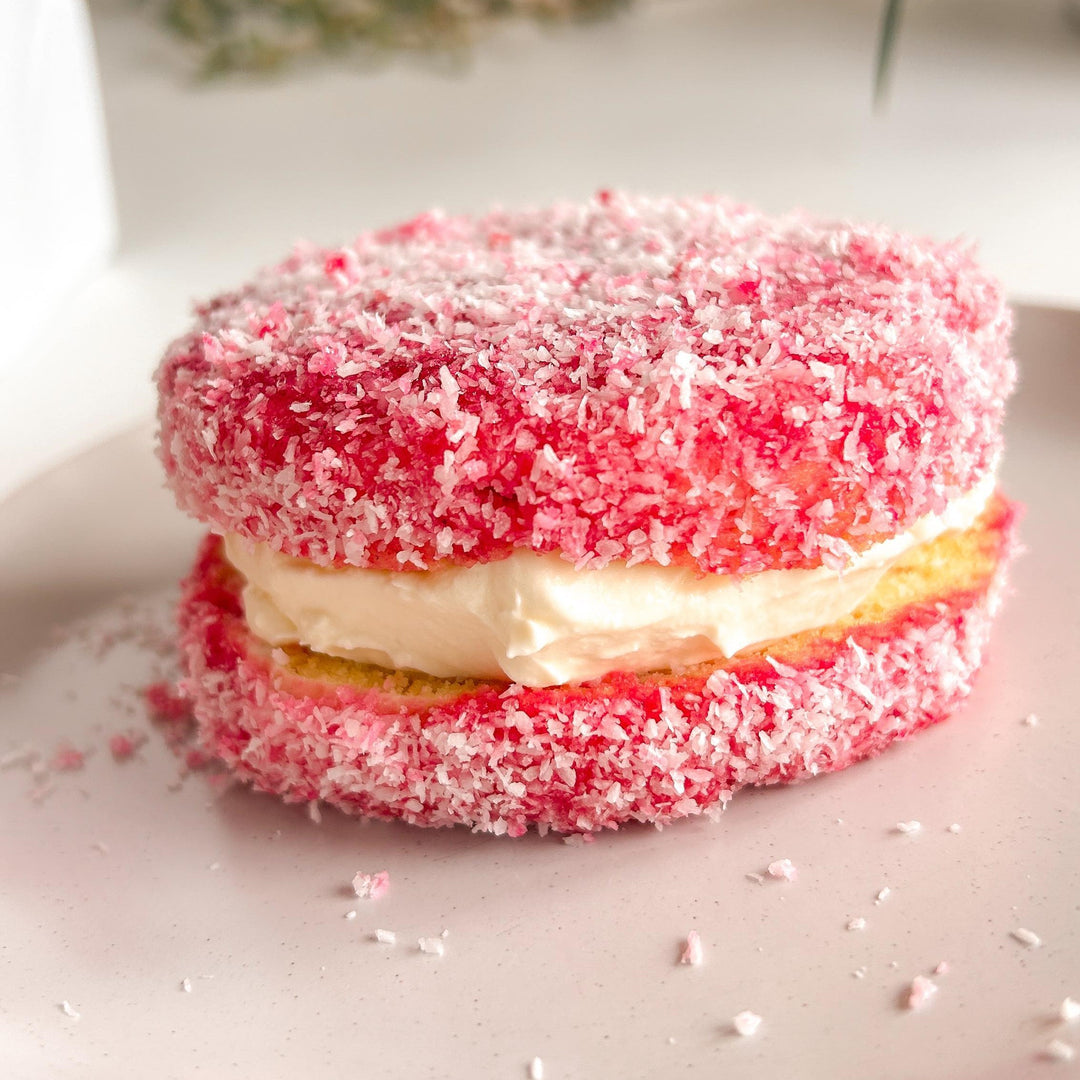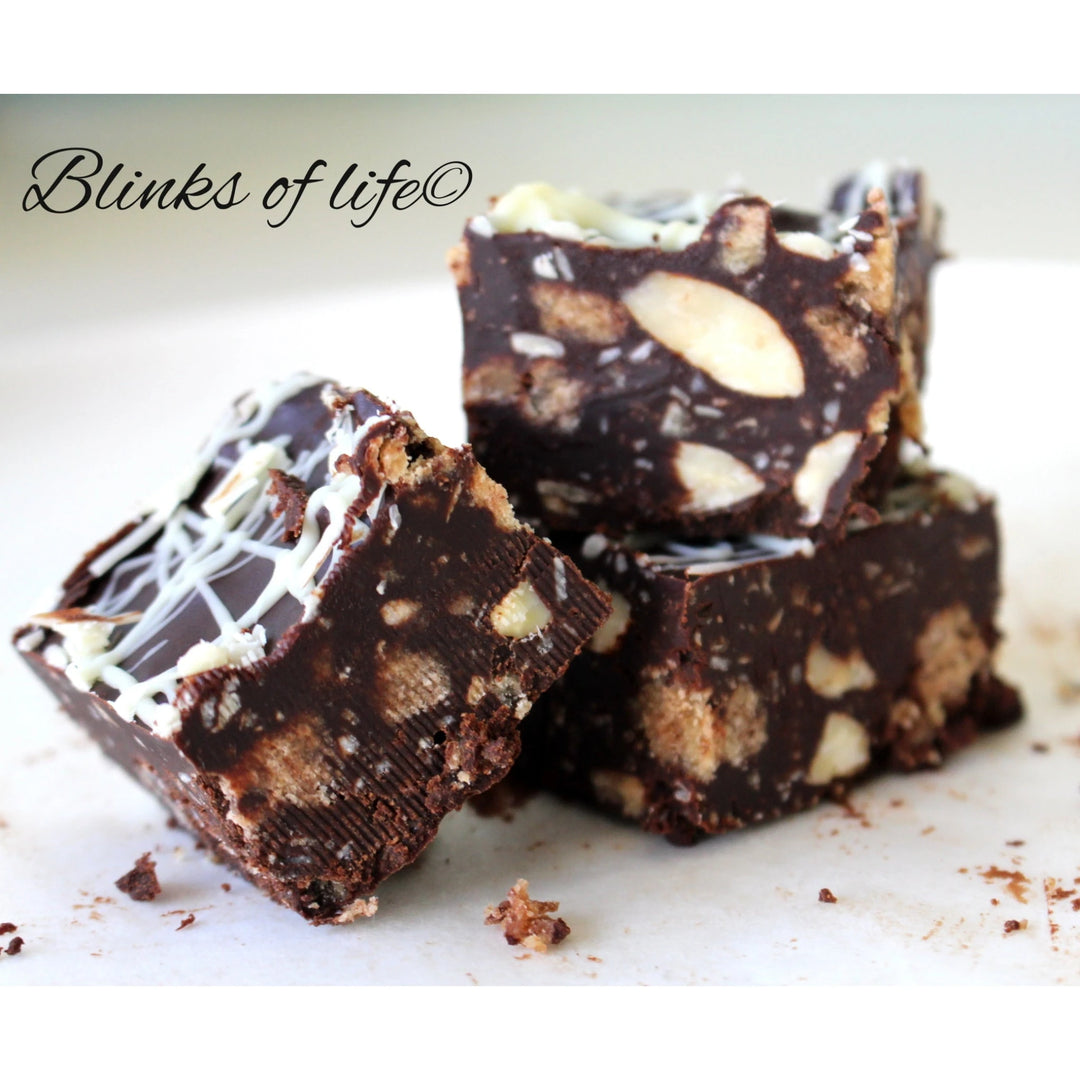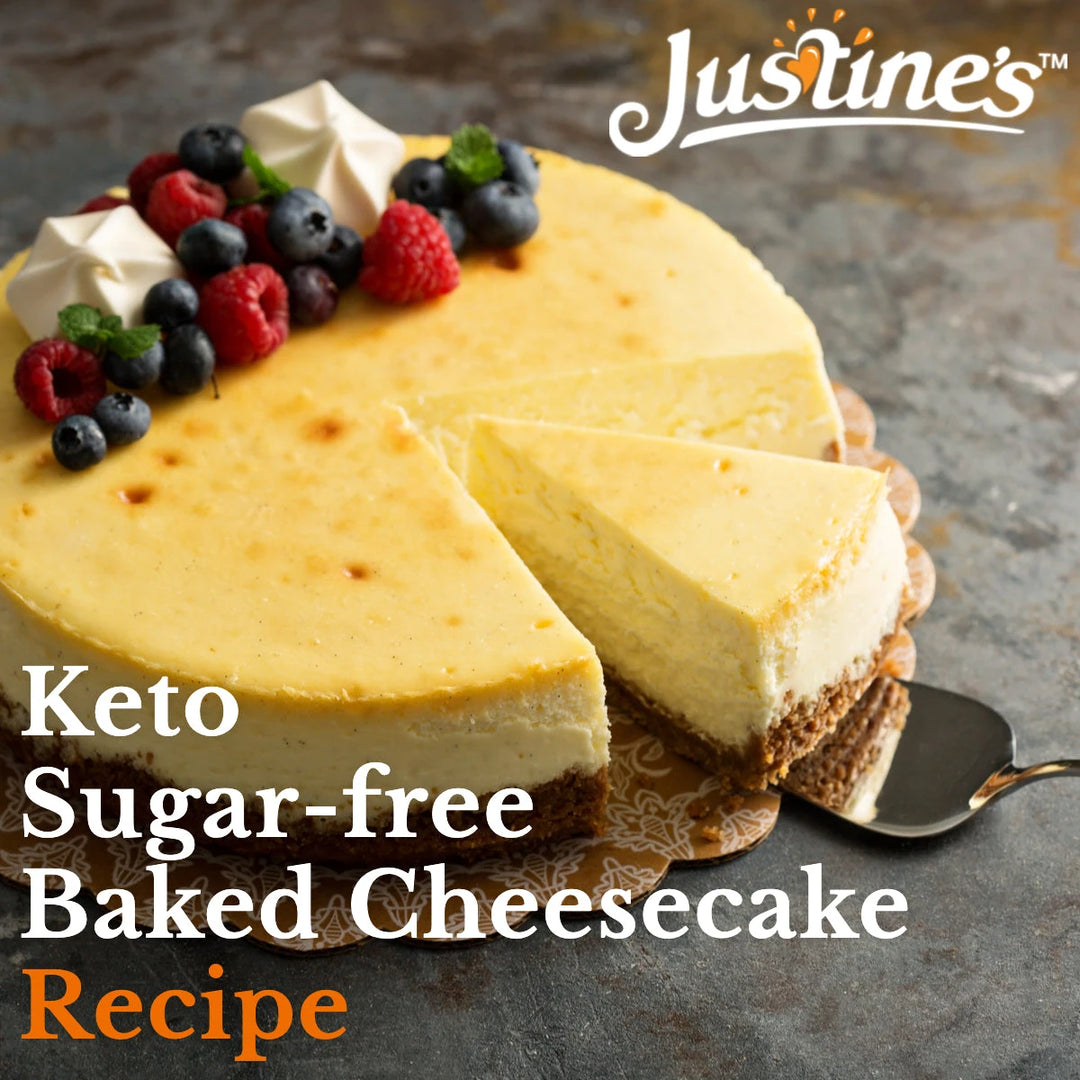Minimalism in food

If you are the type that loves reading lifestyle magazines, you would’ve surely heard about ‘minimalism’ recently. Minimalism may be a new buzzword but it has been a natural way of life in many eastern and Asian cultures. It is only just making its presence felt strongly in the developed, western world where consumerism is higher than Mount Everest!
An Otago University study into consumer attitudes and choices running for over three decades has identified a marked increase in the numbers of consumers who make buying decisions based on their impact on the environment and other people. They believe less is more across all aspects of their life…including food.
Today we live a big part of our life online and are guilty of scrolling mindlessly through our social media feed, and ogling over pictures of food. 'Food porn' is a thing. Wikipedia describes food porn as glamourised, spectacular visual presentation of food and exotic dishes that arouse a desire to eat or glorification of food as a substitute for sex.
So what is this ‘minimalism’ thing and how can it help? In a very short and clichéd (clichés are often true…by the way) answer, it’s a way of life. It means living an uncomplicated, clutter-free and fulfilling life and letting go of excess in our homes, our lives, our relationships, or even our emotional baggage. It encourages us to make mindful choices and avoid overconsumption.
Minimalism in food suggests treating food as just food, not entertainment. Contrary to what the name suggests, it is not about deprivation or eating less. Neither does it suggest turning into a vegetarian, or vegan or following any diet or fad! It doesn't mean you can't enjoy food, share the joy of eating in the company of loved ones, bond over food on festivals and special occasions. ‘
It simply means to not turn to food to fill a void, or to comfort ourselves when we are feeling down. It means to avoid mindless bingeing on high-calorie, unhealthy, sugary and salty food while mindlessly bingeing on Netflix. It’s about being aware of what goes into our mouth.
Food's sole purpose is to nourish our mind and body, to fuel our daily activities and to keep us healthy. Minimalism suggests eating only those foods that are as close to their natural state as possible. It suggests avoiding over processed, tinned and altered food.
It suggests simplifying our relationship with food and making easy of our hectic life. You don’t have to feel the pressure of making exotic, time-consuming recipes, buying exotic foods or ‘super foods’ or following any kind of diet either. Minimalism encourages us to make uncomplicated meals so cooking time is not stressful and we can enjoy things that are locally grown and readily available.
You can get started my making small changes in your food habits today!


